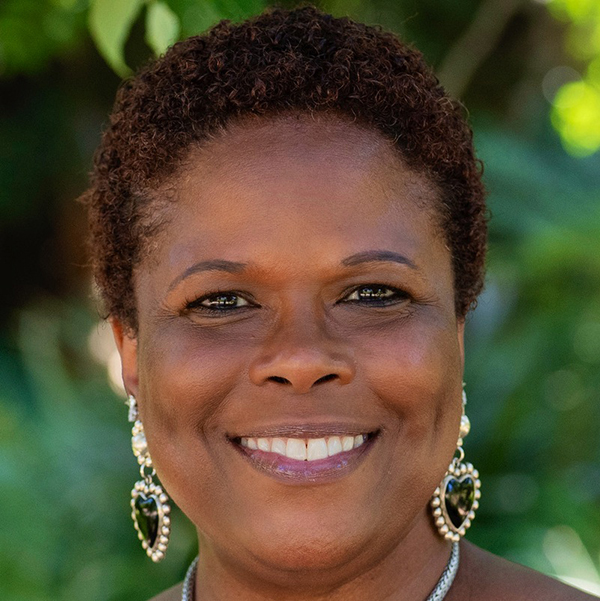By Alicia Montgomery
Guest Columnist
The following is an open letter to Alberto Carvalho, the incoming superintendent of the Los Angeles Unified School District.
Dear Superintendent Carvalho:
Welcome to Los Angeles and congratulations on your new job. I hope I speak for the entire city when I say I’m excited by what your leadership could mean for the nearly 440,000 students who attend L.A. Unified.
You probably have many people offering you advice on how to tackle L.A. Unified’s many challenges: helping families recover academically and emotionally from the pandemic, dealing with declining enrollment, and building trust within a diverse community that has seen eight superintendents come and go over the past 20 years.
But, as you begin to assess how you plan to improve L.A. Unified, I suggest you meet parents like Brittania Hurst. When you hear how the pandemic has affected her, I believe you will get a greater understanding of the devastating effect the pandemic had on L.A. Unified’s nearly 44,000 Black families, a group that is sometimes lost in the shuffle of educational politics in Los Angeles.
Hurst grew up in a poorer neighborhood of Hawthorne, and her mother always stressed that education was the best way for her to escape. She graduated in the top 3% of her high school class and went to Cal State Northridge and eventually got a steady job as a 911 operator that paid $85,000 a year.
She had set aside $25,000 for a down payment on a house when the pandemic struck and her second grade son, Aden, began distance learning. Alarmed at the virtual classroom environment and her son’s lack of progress, Hurst pulled him out of school, quit her job and spent her life savings supporting both of them as she homeschooled her son. Now she is unemployed and nearly broke.
Her story is part of a sad and infuriating, “two steps forward, two steps back” economic and educational cycle that has affected Black Americans for far too long and has led to an erosion of trust in the public school system.
Nearly 60% of Black parents believe L.A. Unified doesn’t “provide Black students with the same opportunities as white students,” according to a recent survey by parent advocacy group Speak UP. Unsurprisingly, just 25% of Black parents wanted their children to return to campus this fall, compared with 60% of white parents, according to a survey by the University of Southern California.
The good news is that there is funding to make important changes. Earlier this year, L.A. Unified began investing some $36 million annually in its Black Student Achievement Plan.
Here are a few steps L.A. Unified can take to make good on their promises of pursuing equity for their Black students.
Because so many Black children were cut off from learning and social emotional support during the pandemic, deploying one-on-one culturally relevant tutoring is a good place to start. Over the summer, Speak Up established a tutoring program for Black students who attended L.A. Unified.
At the beginning, nearly 45% of students were demonstrating great academic risk in either math or English. But after eight weeks, nearly 70% of students had made significant progress in realizing goals that would put them on track to catch up to their peers.
Secondly, prioritize building a pipeline of Black educators. Research shows that when Black students have Black teachers, they do better.
Having just one Black teacher by third grade increases the likelihood that a Black student will enroll in college by 13%. With two Black teachers, the likelihood increases to 32%, for low-income Black boys, 40%.
Third, school staff must participate in anti-bias/anti-racist training programs. These trainings must be ongoing efforts that help staff examine their own latent biases, explore how they can positively support the racial identity of their students and empower them.
Finally, there must be accountability and oversight. Without measuring and evaluating anti-racist work, we risk wasting this precious moment of investment and attention to the needs of Black and brown students. People love rhetoric, but let’s love Black and brown student outcomes even more.
We can do right by our Black and brown students and families, but must deliver upon years of promises. Failing to do so will leave us exactly where we started, with our Black students ever further behind, and parents like Brittania Hurst faced with the unjust choices that rob them of their hard-earned progress.
Alicia Montgomery is the executive director and CEO of the Center for Powerful Public Schools, a nonprofit that advocates for building the capacity of educators to create and sustain excellent public schools.













